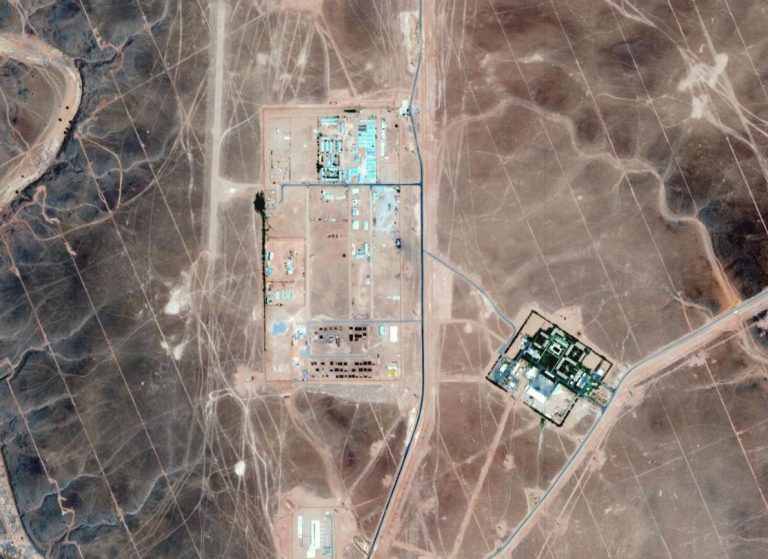Recent findings presented at the World Economic Forum, authored in collaboration with Silvana Koch-Mehrin, president of Women Political Leaders, underscore the significant link between higher female participation in government and socio-economic development. The report suggests that achieving gender parity in political representation may take up to 130 years, based on the projections in the World Economic Forum’s Global Gender Gap Report. This sluggish advancement stresses the critical need for more dynamic efforts to hasten gender equality, a catalyst for substantial societal and economic benefits.
Countries actively increasing female participation in political roles have reported reductions in legal inequalities between genders, boosting women’s workforce participation and, subsequently, the national GDP.
Tailored Strategies for Different Cultural Contexts
The impact of increased female political leadership is especially pertinent in nations like Libya, where traditional roles dominate, and gender parity in politics necessitates culturally sensitive strategies. The variance in female representation across governments indicates that a universal solution is non-existent; each country must navigate its cultural and historical contexts to formulate effective policies.
However, the lack of substantial female representation can lead to missed economic and social benefits, potentially exacerbating developmental disparities. Furthermore, the World Bank’s Women, Business, and the Law (WBL) Index corroborates the benefits of gender parity in governance, demonstrating that countries with balanced gender representation often score higher, reflecting better legal and economic conditions for women.
Strategic Importance of Female Leadership for Economic Growth
While some countries like Belgium and Sweden have achieved perfect WBL scores, around 2.4 billion women worldwide remain under legal systems that fail to protect their rights adequately, indicating substantial room for improvement. The potential economic boost from fuller female participation in the labor force is significant, potentially increasing global GDP by an estimated 20%.
For organizations like Qabas and countries such as Libya, promoting female political leadership is not just about advocating for fairness and gender equality; it is a strategic move towards stimulating economic growth and societal advancement. Encouraging gender parity in government is a critical economic strategy as well as a moral imperative, offering a path to unlock extensive national prosperity.
By prioritizing and enforcing policies that enhance female inclusion in political decision-making, nations can ensure a more equitable and prosperous future.





